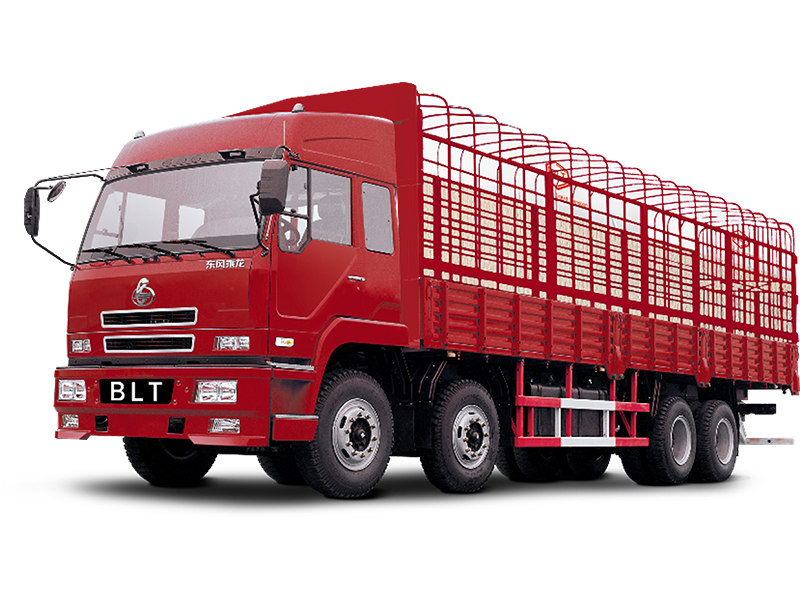Liquid transportation poses distinct logistical issues. Traditional solutions, such as barrels or intermediate bulk containers (IBCs), are limited in terms of volume, efficiency, and environmental impact. However, truck flexitanks appear to be a potential answer. These adaptable, cost-effective containers have transformed the way liquids are delivered, providing various advantages over traditional alternatives.

Flexitanks have a long history, initially used in maritime shipping to transport non-hazardous liquids. However, advancements in design and materials have expanded their applicability to road transportation, particularly in the form of truck flexitanks. These flexible container bladders are fitted inside standard truck trailers, maximizing payload capacity while minimizing transportation costs.
Increased Capacity: Unlike rigid containers, flexitanks can utilize every inch of available space within a truck trailer, maximizing payload capacity and reducing the number of shipments required.
Versatility: Truck flexitanks are compatible with a wide range of liquid products, including foodstuffs, chemicals, and pharmaceuticals, offering a versatile solution for diverse industries.
Cost Efficiency: By optimizing load factors and reducing handling and cleaning costs associated with traditional containers, truck flexitanks offer significant cost savings for shippers.
Environmental Impact: With fewer shipments required to transport the same volume of liquid, truck flexitanks contribute to lower carbon emissions and reduced environmental footprint compared to alternative transportation methods.
Food and Beverage: Truck flexitanks are ideal for transporting edible oils, juices, wines, and other liquid food products, ensuring product integrity and freshness throughout the supply chain.
Chemicals and Petrochemicals: The flexibility and safety features of truck flexitanks make them suitable for transporting a wide range of chemicals and hazardous liquids, minimizing the risk of spills or contamination.
Pharmaceuticals: With stringent quality and hygiene requirements, the pharmaceutical industry benefits from the sterile and contaminant-free environment provided by truck flexitanks, ensuring the integrity of sensitive liquid medications.
Installation and Loading: Truck flexitanks are easily installed inside standard truck trailers, requiring minimal setup time. Loading and unloading processes are streamlined, reducing labor costs and turnaround times.
Safety and Compliance: Strict adherence to industry regulations and safety standards is paramount when transporting liquids. Truck flexitanks are designed and tested to meet or exceed these requirements, ensuring compliance and peace of mind for shippers. As a professional liquid tanker trucking companies, BLT Flexitank offers efficient, safe, and eco-friendly solutions.
Technological Advancements: Ongoing research and development efforts focus on enhancing the performance, durability, and sustainability of truck flexitanks, driving innovation in materials and design.
Market Expansion: As awareness of the benefits of truck flexitanks grows, their adoption is expected to increase across global supply chains, particularly in regions with high demand for liquid transportation solutions.
Truck flexitanks represent a game-changing innovation in the transportation of liquids, offering unparalleled efficiency, versatility, and cost savings for shippers across industries. With ongoing advancements and expanding market adoption, the future looks promising for this transformative logistics solution.